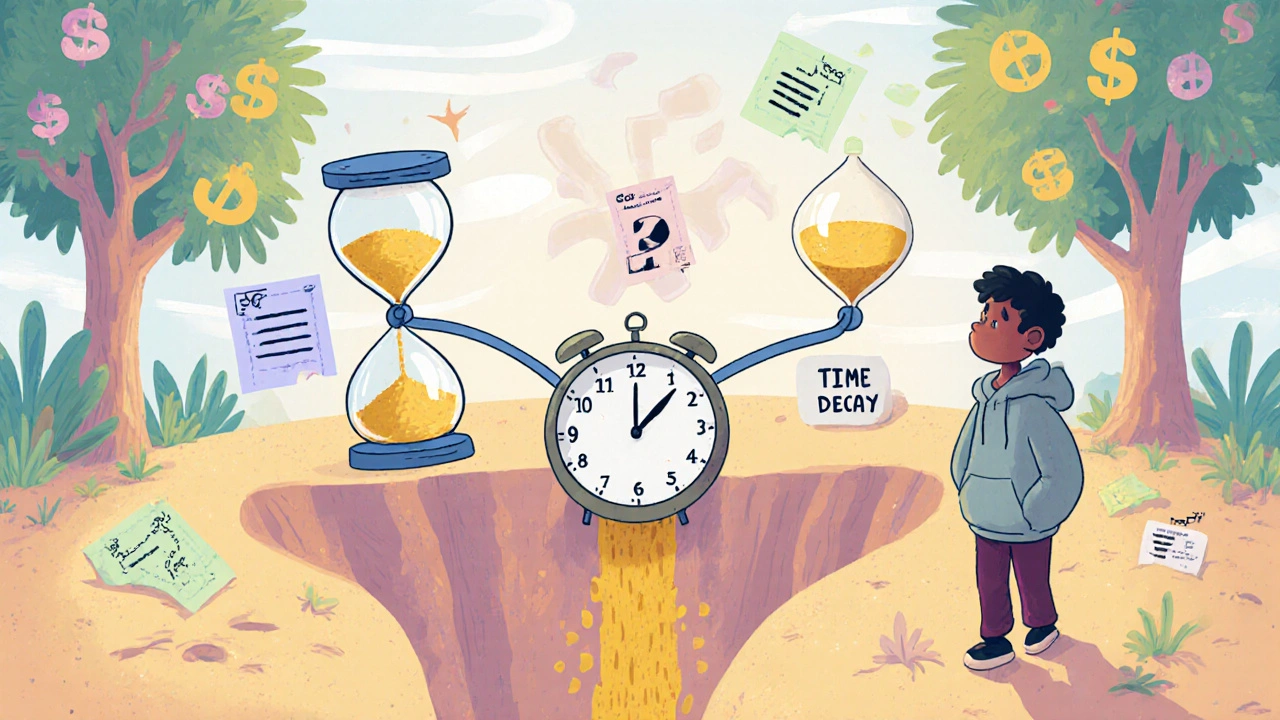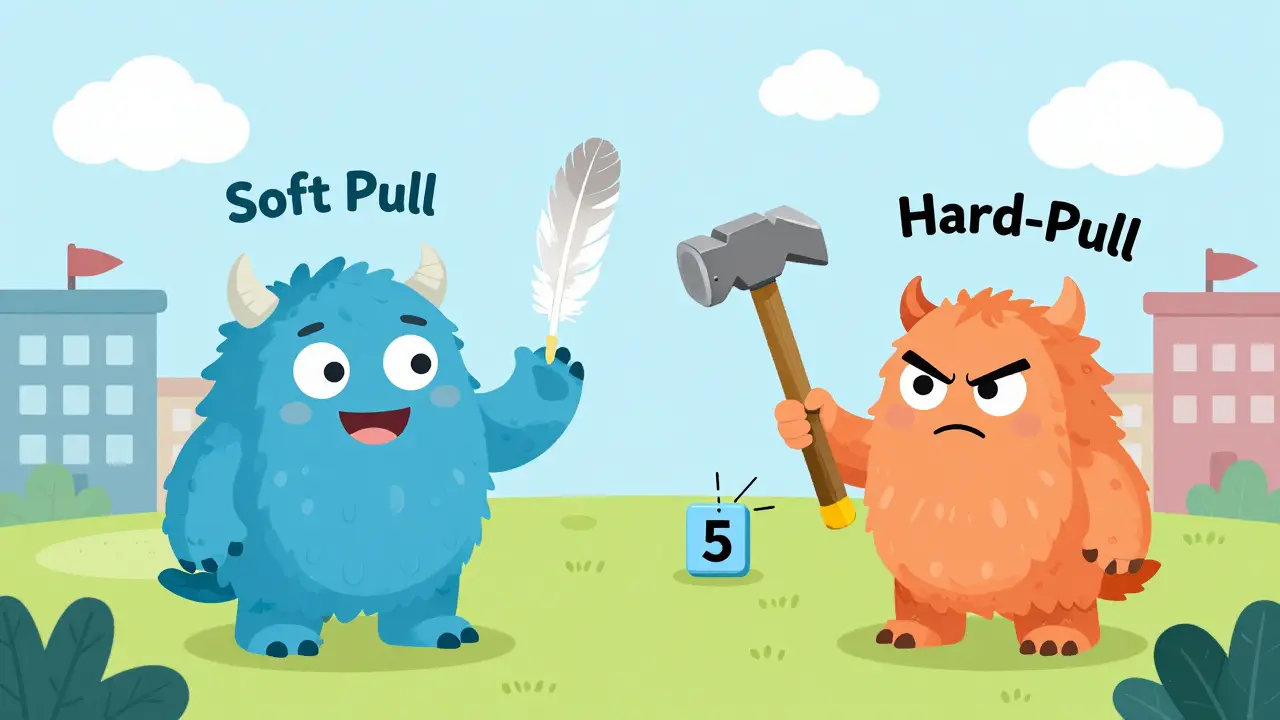Option Expiration Dates: When Your Trades Close and What Happens Next
When you buy or sell an option expiration date, the specific day and time when an options contract stops being valid and must be exercised or allowed to expire. Also known as expiration day, it’s the final checkpoint for every options trade—whether you’re holding calls, puts, or selling them naked. Miss it, and your position vanishes, often with real money lost. Unlike stocks you can hold forever, options are time bombs with built-in deadlines. Every contract has a fixed life span: weekly, monthly, or even quarterly. And when that date hits, the contract either becomes worthless, turns into stock, or triggers a mandatory assignment.
What happens on that day depends on three things: the strike price, the predetermined price at which the underlying asset can be bought (call) or sold (put), the current market price of the asset, and whether you’re the buyer or seller. If you own a call and the stock is above the strike, you can exercise it and buy shares cheap. If you sold that same call, you might get stuck delivering shares you don’t own. That’s options assignment, the process where the seller of an option is forced to fulfill the contract if the buyer exercises it—and it can catch you off guard if you’re not watching the clock.
Most retail traders don’t hold options until expiration. They close positions early to lock in profits or cut losses. But knowing when expiration hits is still critical. It affects pricing, liquidity, and how brokers handle trades. For example, some brokers automatically exercise in-the-money options for you unless you say otherwise. Others don’t. And if you’re short options, expiration day can bring sudden volatility as traders scramble to close positions. That’s why many traders avoid holding short options into expiration—it’s risky, unpredictable, and can lead to margin calls or unexpected stock ownership.
Look at the posts below. You’ll find real examples of how expiration dates shape decisions. One post explains why brokers require high-level approval for naked options—because the risk spikes near expiration. Another shows how traders use timing to avoid tax hits by closing positions before year-end. There’s even a piece on how floating-rate notes and bond returns relate to options strategies in rising rate environments. These aren’t random articles. They’re all connected by one truth: option expiration dates are not just dates on a calendar. They’re turning points that determine whether you walk away with gains—or losses you didn’t see coming.
What follows is a collection of practical guides, risk breakdowns, and real-world strategies—all rooted in the same reality: options don’t last forever. And if you don’t understand when they end, you’re playing with fire. Let’s get you ready for the clock.



